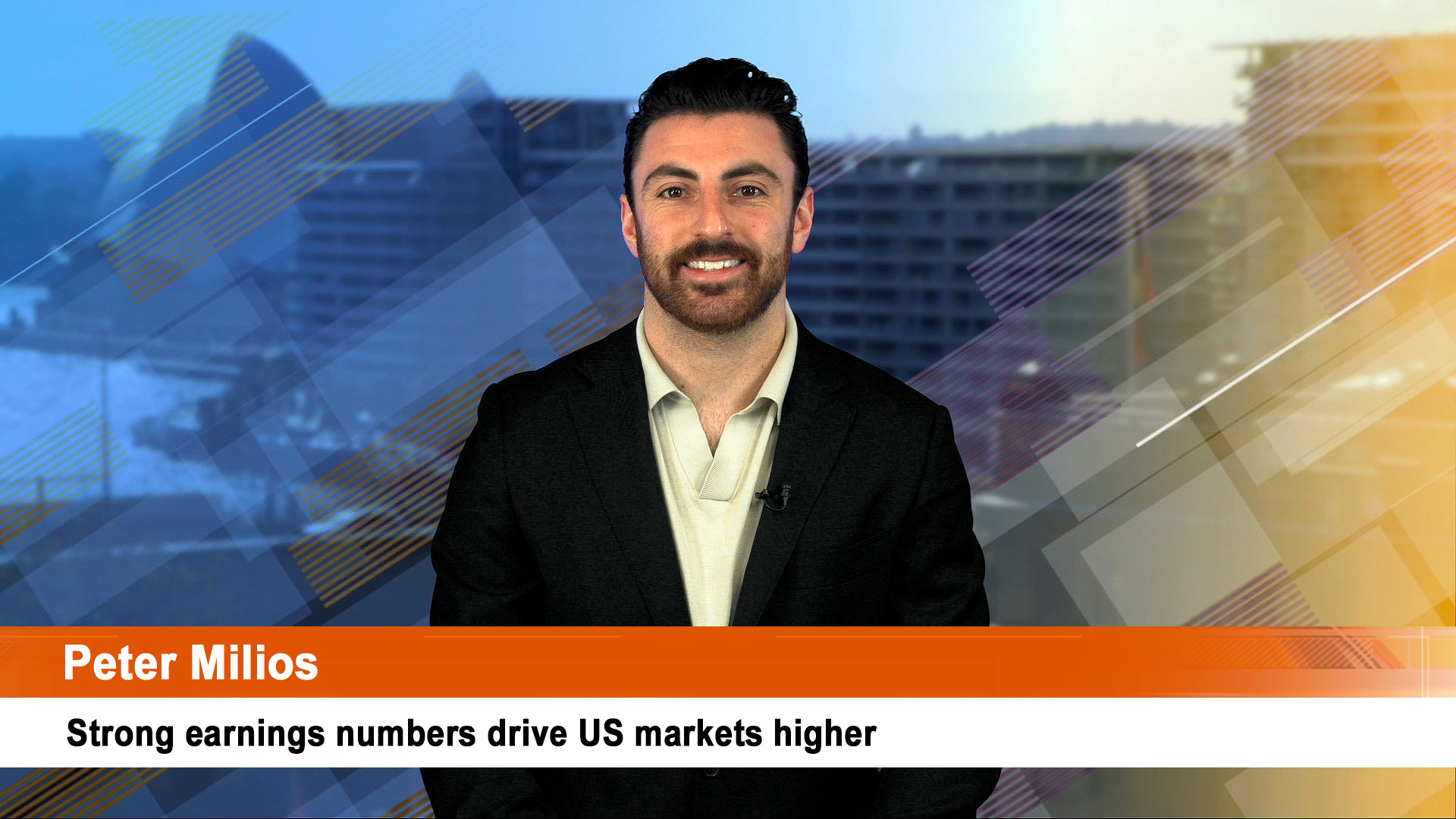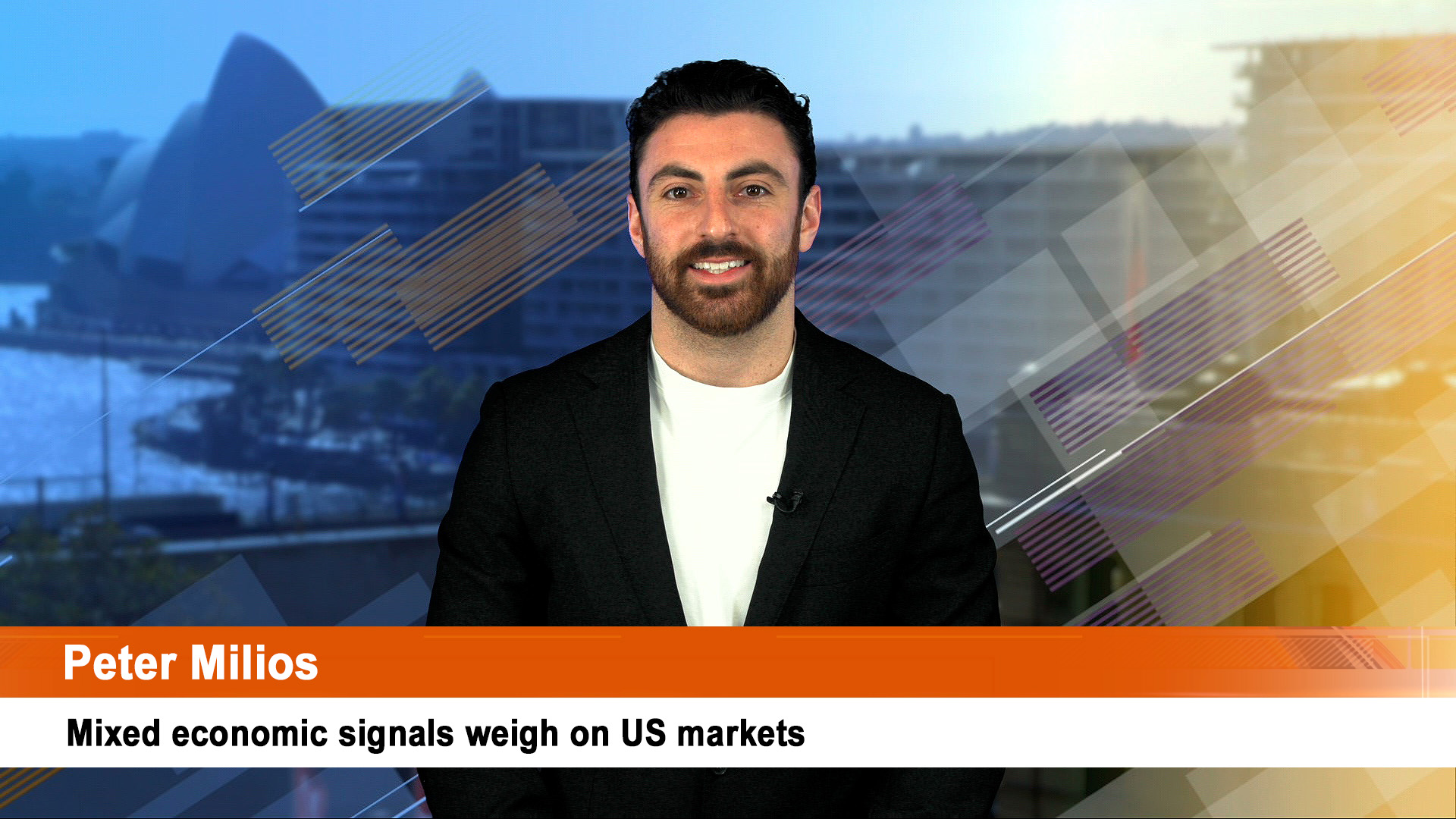Warren Buffett’s Berkshire Hathaway’s investment strategy continues to favour share buybacks over finding new bargains in the rising sharemarket and companies wanting to be sold to the single biggest investor.
Berkshire’s June quarter results, released at the weekend, show that despite a solid recovery in the company’s operating performance, its buybacks continue – albeit at half the rate of 2020’s $US24.7 billion – as it struggles to find well-priced bargains among listed stocks and deals.
A combination of the continuing record surge on Wall Street and the rise of Special Acquisition vehicles offering a quick way buy and flip whole companies, have seen Buffett and Berkshire move to the sidelines at a time when the operating performance of most of his 90 plus companies is recovering from the damage caused in 2020 from the pandemic.
Buybacks in the three months to June totalled $US6 billion, down from $6.6 billion in the March quarter down sharply from the $US9 billion in the final quarter of 2020.
The June quarter buyback (and the total for the March quarter) exceeded the $US5.1 billion for all of 2019 when the buybacks started.
From the start of 2019 to the end of June, the company has shrunk its issued capital by just over $US42 billion.
Judging by a reduction in the number of shares on issue in July, another $US1.9 billion in shares were bought back in last month as well.
At the same time Berkshire sold a net $US1.1 billion of equities last quarter, as it bought $US1 billion of stock and disposed of $US2.1 billion worth in the period. That’s a reduction from net stock sales of $US3.9 billion in the first quarter.
While details of those transactions will be contained in the company’s fund managers’ report for the June quarter due out later this week, analysts say they suggest a concentration in the number of companies and size of holdings in the $US190 billion plus portfolio.
Despite the latest buybacks, Berkshire’s famed cash float rose to $US144 billion of cash and short-term investments at the end of June, up from $US141 billion previously.
What was interesting in the June quarter purchases (and indeed for all of 2021 so far) is that the price of Berkshire shares has risen continuously to new record highs, so Buffett is not afraid to pay peak prices for his own shares, but he is for shares in other companies and for other companies.
You could in fact argue that the buybacks have helped Berkshire shares outperform the overall market.
Berkshire shares continue to outperform the S&P 500 – the long-time benchmark Buffett uses to measure Berkshire’s performance against. So far this year Berkshire shares have risen 23.6%, well ahead of the 18.1% rise in the S&P 500 in the same period.
Notably, the price of Apple shares (Berkshire single largest investment) have only risen 10% so far this year which means it has underperformed the wider market.
Looking at the group’s operating performance in the June quarter report, Berkshire said its BNSF railroad, car dealership chain and housing business (building and real estate) saw “significant” recoveries despite supply chain disruptions and higher costs, with earnings and revenue in some instances topping pre-pandemic levels.
But its car insurance business took a nasty hit from a rise in accidents as more Americans returned to the road in the economic recovery.
Noticeably, Berkshire did not repeat a caution in its previous quarterly results that other operating units still faced adverse effects from the pandemic.
Second-quarter operating profit rose 21% to $US6.69 billion, from $US5.51 billion from the June, 2020 quarter.
Net income rose 7% to $US28.1 billion thanks to unrealised gains in Berkshire’s $192 billion of investments in which includes shares in Apple, Bank of America, Coca Cola and American Express.
Revenue jumped 22% to $US69.1 billion for the quarter as the company’s businesses tapped into the rebounding US economy.
The second quarter was also notable for Buffett revealing that if he were to step down now, Berkshire’s next chief executive would be Greg Abel, a vice chairman overseeing Berkshire’s non-insurance businesses. Buffett turns 91 on August 30.
Among the operating business, the performance of rail group, BNSF stood out. Its profit surged 34% to $US1.52 billion, as retailers replenished inventories and demand swelled for building products, grain and coal.
First-half vehicle sales grew 30% at the Berkshire Hathaway Automotive dealerships. Much of that related to the sharp rise in prices for used and new cars.
Like all US car groups, sales of new cars were restricted by computer chip shortages, a situation that looks like continuing into the first half of 2022.
Homebuying also rebounded, boosting quarterly reported profit 43% at Clayton Homes mobile homes and 129% at Berkshire’s real estate agency chain.
The real estate agency is part of Berkshire Hathaway Energy, where wind power tax credits (for investing in wind farms and solar) helped increase profit 17%.
But there was one notable negative – car insurer, Geico’s, the number two operator in the US car insurance sector.
Its pre-tax underwriting profit fell 70% as people drove, and crashed, more often.
Rivals including State Farm, Allstate and Progressive Corp have also reported weak results from more accidents as the number of Americans on the roads swelled in the wake of the ending of lockdowns.
There are always downside risks in a recovery, just as there are in the markets.













